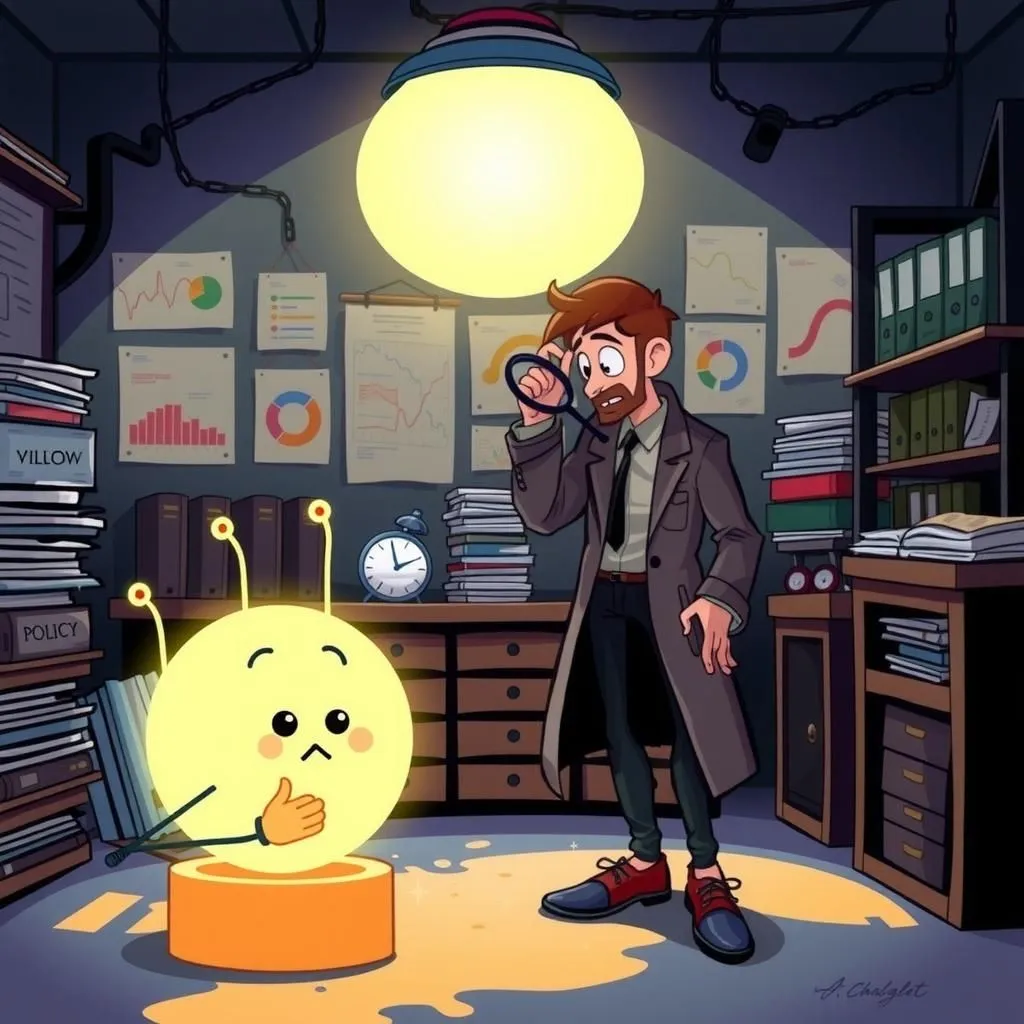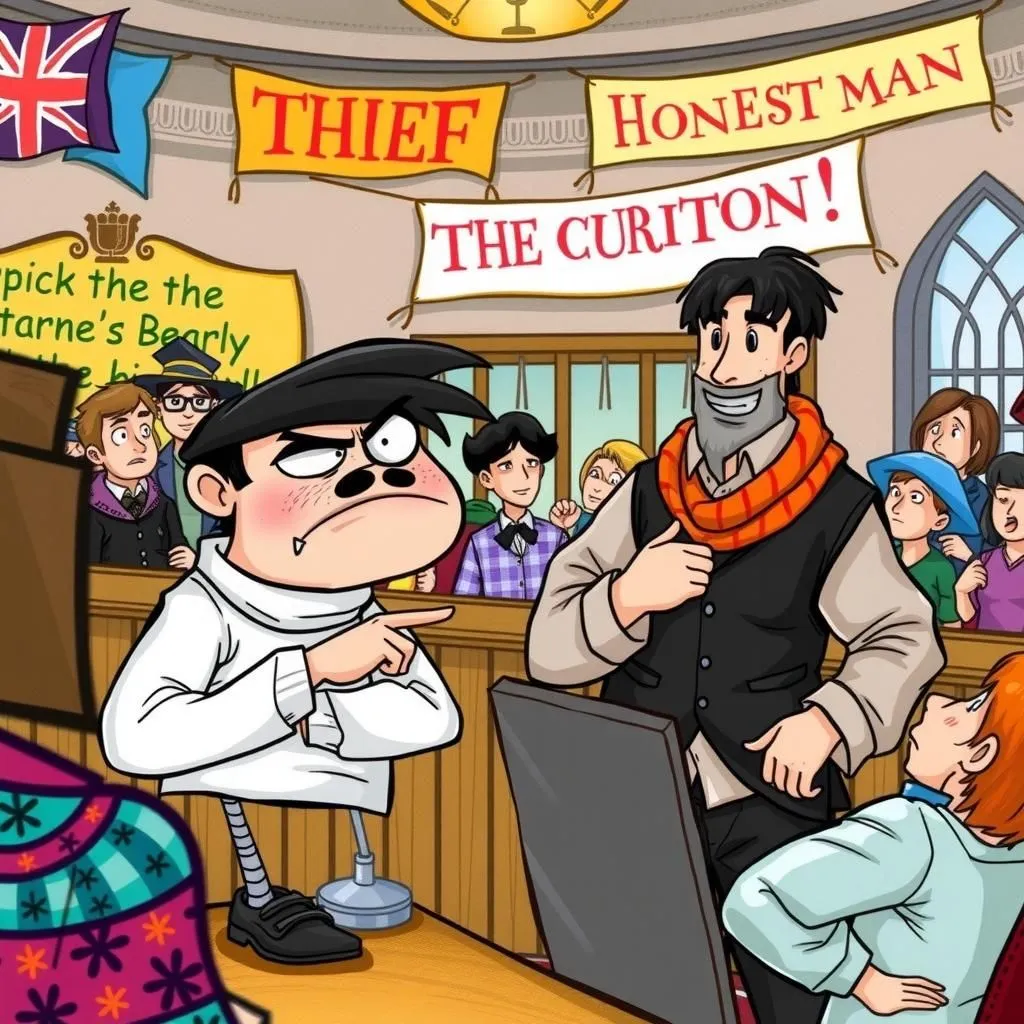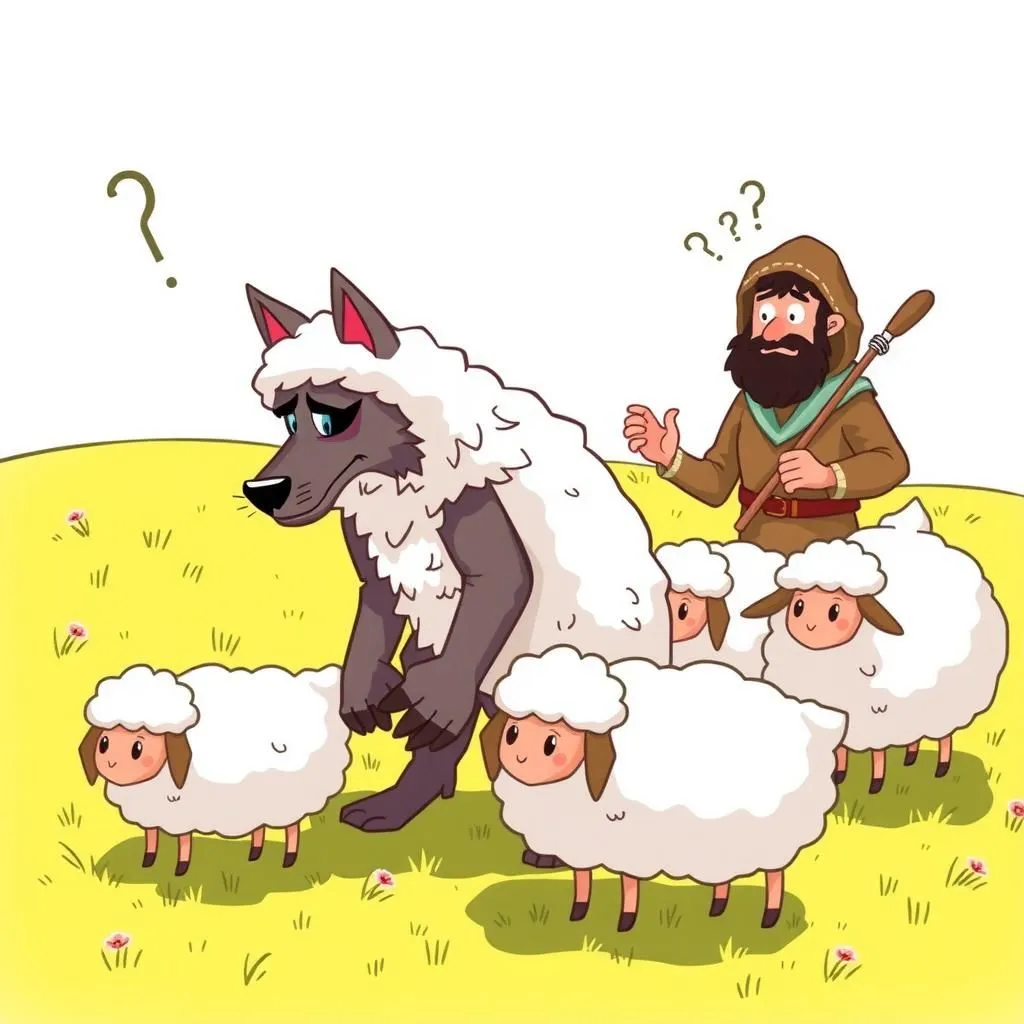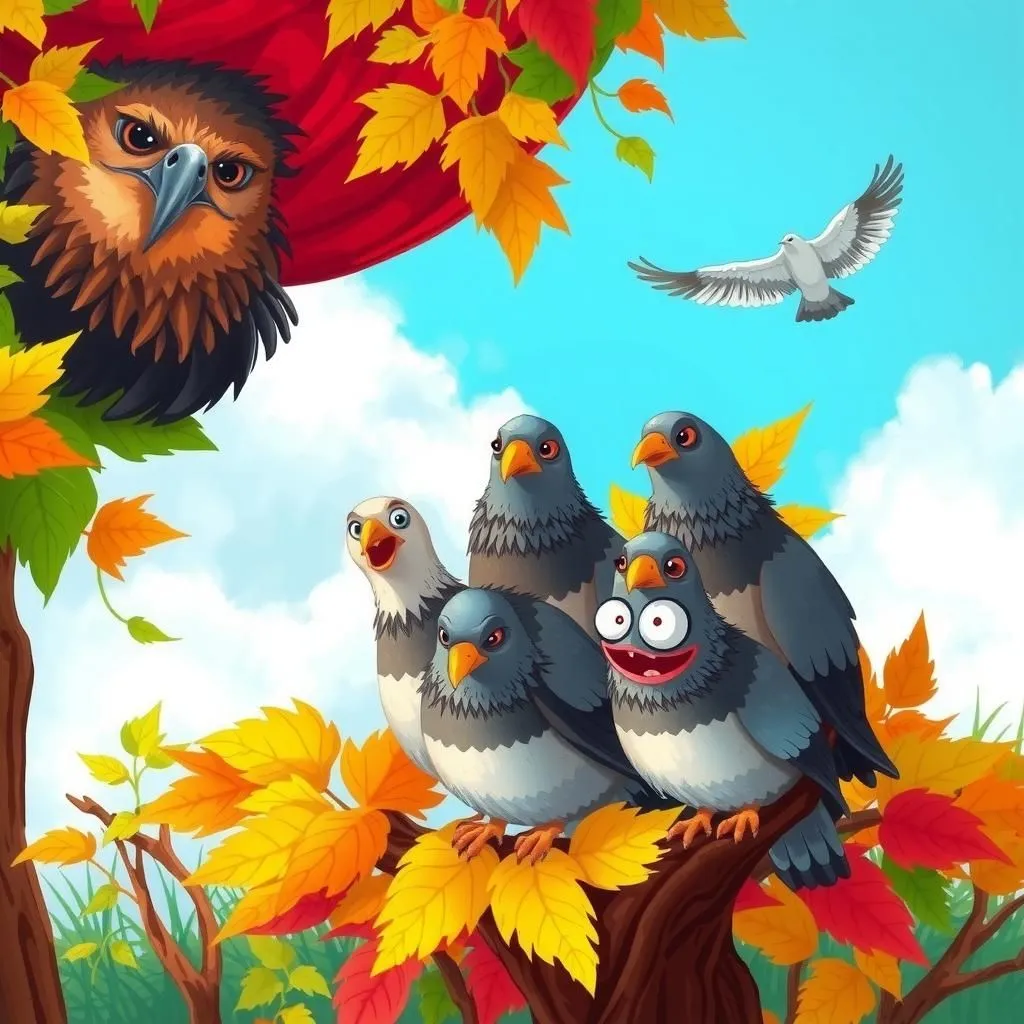
The Circular Clew
In "The Circular Clew," a detective follows a mysterious Clew for a year in search of a murderer, only to discover the deceased is confirmed dead in the Morgue's register. This well-known moral story illustrates the futility of chasing false leads, emphasizing the importance of clarity and truth in the pursuit of justice. Ultimately, the Detective's lack of progress serves as a lesson in personal growth, reminding readers that not all paths lead to meaningful discoveries.


